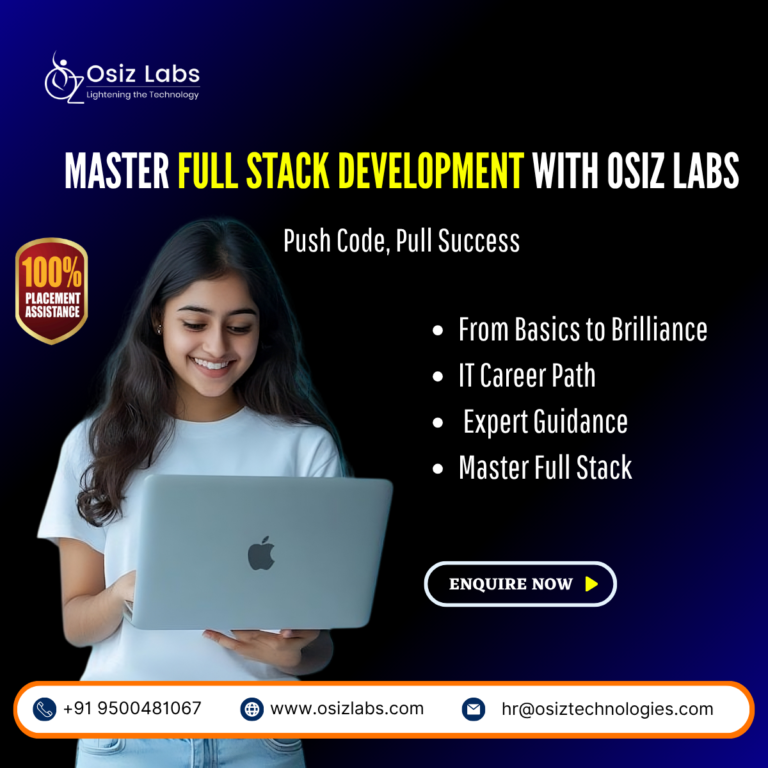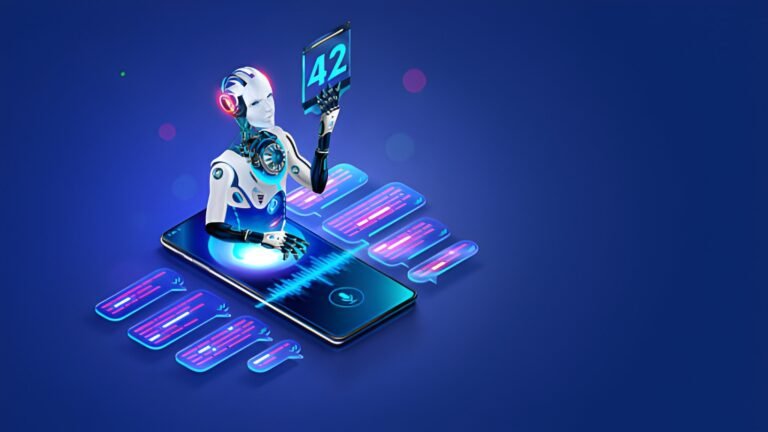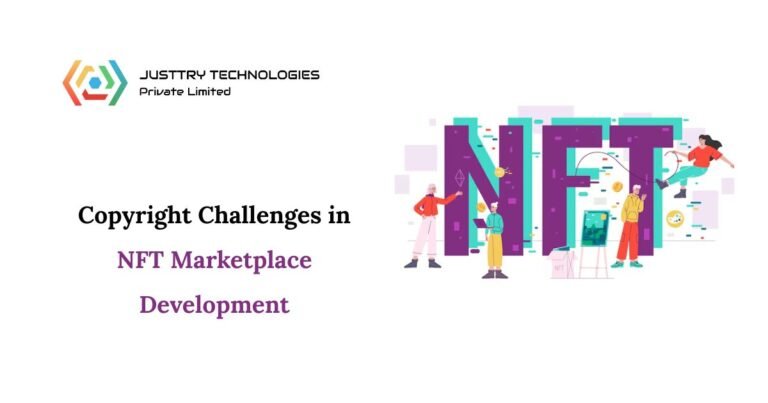Introduction: The Dawn of a New Era
In the tapestry of human innovation, certain threads stand out, forever altering the fabric of our world. The industrial revolution, the internet, and now, the advent of Artificial Intelligence (AI) and its powerful twin, automation. We are witnessing a fundamental shift in how businesses operate, moving beyond simple mechanization to intelligent, self-optimizing processes. This is not just an upgrade; it’s a complete reimagining of the business landscape. From back-office operations to customer-facing interactions, AI-powered automation is dismantling traditional silos, accelerating workflows, and unlocking unprecedented levels of efficiency and insight. It’s a journey from repetitive, manual tasks to strategic, data-driven decision-making, and the impact is being felt across every sector, from finance and healthcare to manufacturing and retail.
The Foundational Pillars: Understanding AI-Powered Automation
To truly grasp the significance of this transformation, we must first understand its core components. AI-powered automation is not merely a script that follows a predefined set of rules. It is a dynamic system that learns, adapts, and improves over time. At its heart lies a fusion of technologies:
-
Machine Learning (ML): The engine of AI, ML algorithms enable systems to learn from data without being explicitly programmed. This is the “brain” that allows automation to evolve and handle new scenarios.
-
Natural Language Processing (NLP): This technology empowers machines to understand, interpret, and generate human language. It is the key to automating customer service, data extraction from unstructured documents, and more.
-
Computer Vision: By enabling machines to “see” and interpret visual data, computer vision is revolutionizing quality control in manufacturing, security surveillance, and even medical diagnostics.
-
Robotic Process Automation (RPA): RPA is the “hands” of the operation, automating repetitive, rule-based digital tasks by mimicking human actions on a computer. It’s the bridge that connects legacy systems and automates mundane data entry and processing.
-
AI Agents: A new frontier in automation, AI agents are autonomous software entities that can perform a series of complex tasks, make decisions, and interact with various systems to achieve a goal. AI agent development services are at the forefront of this wave, creating intelligent entities that can manage entire workflows, from scheduling appointments to resolving customer issues.
The combination of these technologies creates a powerful synergy, where automation moves from simple task execution to intelligent process orchestration. It’s no longer just about doing things faster; it’s about doing them smarter.
Streamlining Operations: The New Backbone of Business
The most immediate and tangible impact of AI-powered automation is in the streamlining of business processes. Consider the finance department, a traditional bastion of manual data entry and reconciliation. AI-powered systems can now automate invoice processing, fraud detection, and financial reporting with remarkable speed and accuracy. This not only reduces the risk of human error but also frees up financial professionals to focus on strategic analysis and forecasting. Similarly, in human resources, AI can automate resume screening, candidate scheduling, and payroll processing, transforming the entire employee lifecycle.
The manufacturing sector is also undergoing a renaissance. From automated quality control using computer vision to predictive maintenance that anticipates equipment failure, AI is creating smarter, more efficient production lines. These systems analyze sensor data in real-time to optimize production schedules and minimize downtime.
This transformation is powered by sophisticated Artificial Intelligence development solutions. Companies are leveraging these solutions to build bespoke systems that cater to their unique operational needs, moving away from one-size-fits-all software to highly customized and integrated platforms. This strategic adoption is driving a new competitive advantage, as businesses that embrace automation are able to scale faster and operate more cost-effectively than their rivals.
Reshaping Customer Experience: The Personal Touch at Scale
Automation is not confined to the back office; it is fundamentally changing how businesses interact with their customers. Chatbots and virtual assistants powered by NLP provide instant, 24/7 customer support, resolving a high percentage of queries without human intervention. This has led to a significant reduction in call center volumes and a marked improvement in customer satisfaction.
Beyond simple support, AI is enabling hyper-personalization. By analyzing customer data, AI algorithms can predict purchasing behavior, recommend relevant products, and tailor marketing messages to individual preferences. This level of personalization, once a luxury reserved for a few, is now accessible to businesses of all sizes, leading to higher conversion rates and stronger customer loyalty.
Driving Strategic Insights: Data as a Decision-Making Engine
Perhaps the most profound impact of AI-powered automation is its ability to turn data into a strategic asset. As automated systems collect and process vast amounts of data in real-time, they provide businesses with unprecedented insights into their operations, markets, and customers. AI-driven analytics can identify hidden patterns, predict future trends, and help executives make informed, data-backed decisions. This is a radical departure from traditional business intelligence, which often relies on historical data and provides a lagging view of performance.
For instance, a retail company can use AI to analyze point-of-sale data, weather forecasts, and social media trends to optimize inventory levels and pricing strategies. A healthcare provider can use AI to analyze patient data to identify at-risk individuals and personalize treatment plans. This shift from reactive to proactive decision-making is a game-changer.
The ability to create these complex systems is a testament to the expertise of a specialized Artificial Intelligence development company. These companies possess the knowledge and talent to design and implement AI solutions that are not just technically sound but also strategically aligned with a company’s business goals. They are the architects of this new digital infrastructure, building the platforms that enable businesses to thrive in a data-driven world.
Building the Future Workforce: The Synergy of Human and Machine
The rise of AI-powered automation has sparked a critical debate about the future of work. Rather than replacing human workers, automation is creating a new, symbiotic relationship between humans and machines. By automating mundane, repetitive tasks, AI is freeing up human talent to focus on activities that require creativity, critical thinking, emotional intelligence, and complex problem-solving.
This shift is creating new roles and career paths, such as “automation specialists,” “AI trainers,” and “data ethicists.” Companies are increasingly seeking to hire Artificial Intelligence developer professionals who can build, maintain, and optimize these intelligent systems. The focus is no longer on simply performing tasks but on managing and collaborating with intelligent machines to achieve higher-order objectives. The future workforce will be one where human creativity and machine efficiency work in perfect harmony.
Lower Blog Content:
Navigating the Challenges: Ethical Considerations and the Road Ahead
While the benefits of AI-powered automation are immense, its widespread adoption also presents significant challenges. Ethical considerations surrounding data privacy, algorithmic bias, and job displacement are paramount. Businesses must ensure that their AI systems are fair, transparent, and accountable. Building a robust ethical framework is not just a regulatory requirement; it is a fundamental business imperative for maintaining trust with customers and employees.
The talent gap is another significant hurdle. The demand for skilled AI professionals far outstrips the supply. To address this, companies must invest in upskilling their existing workforce and partner with specialized firms to access the necessary expertise. A growing number of businesses are now seeking Artificial Intelligence development services from external providers to gain a competitive edge and build robust, scalable solutions without the overhead of an in-house team. These services offer a flexible and cost-effective way to tap into cutting-edge AI technology and expertise.
Conclusion: The Unstoppable Momentum of Change
The journey of AI-powered automation is just beginning. What was once the stuff of science fiction is now an everyday reality for a growing number of businesses. The transformation is profound, moving beyond simple efficiency gains to a complete redefinition of business processes, customer interactions, and the very nature of work. As a ai development company, we understand that this isn’t just about technology; it’s about building a smarter, more resilient, and more innovative future. The companies that embrace this change, thoughtfully and strategically, will not only survive but thrive in the years to come. The automation revolution is here, and its momentum is unstoppable.





